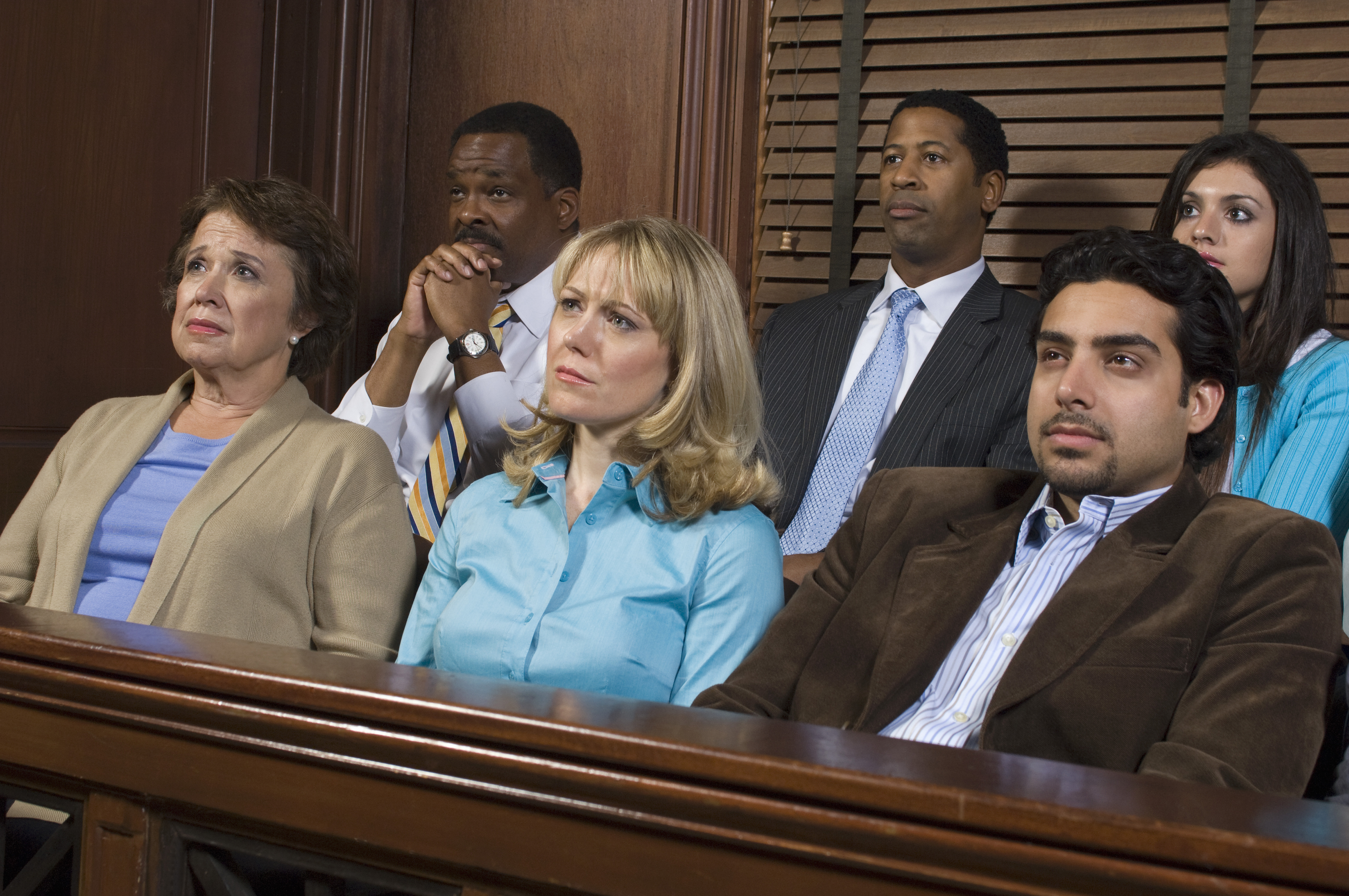Criminal Procedure: The Grand Jury in New York Part 1
In New York, the state constitution’s bill of rights requires that people who are charged with felonies be indicted by a Grand Jury in order for a criminal case to go forward. The Grand Jury is therefore the only authority that can decide whether or not a prosecution should go forward in a felony prosecution. (A defendant may decide to waive indictment for strategic legal reasons.)
The state’s Criminal Procedure Law (CPL) governs the specifics of the process. Under CPL § 190.05, a Grand Jury is composed of between 23 and 16 men and women. Just like a notice for jury duty, county clerks in each of New York’s 62 counties mail notices for Grand Jury duty. The jurors usually serve for a term that typically lasts between two weeks and one month, which could longer depending on the nature of the jury.
The proceedings of the Grand Jury are secret. Under CPL § 190.25(4)(a), neither the prosecutor nor the jurors are allowed to reveal anything about a presentation including testimony or voting. Revealing or disclosing testimony or voting is a felony. However, the secrecy does not extend to witnesses.
The Role of The Prosecutor in the Grand Jury
A Grand Jury presentation is a one-sided process where the prosecutor serves multiple roles. First, the Assistant District Attorney (ADA) serves in their natural role—prosecutor. Second, the ADA acts as an advisor the body. A prosecutor must act in good faith to ensure that the Grand Jury hears only component and admissible evidence. Finally, and most important, under CPL 190.30(6), the prosecutor acts as judge before the Grand Jury.
That means that the prosecutor rules on the competency of evidence and witnesses. Under CPL Section 190.30(1), the rules that apply to trials apply to the Grand Jury. A prosecutor must be diligent in applying the same rules of evidence during a Grand Jury presentation as in a trial. In addition, the prosecutor also acts as judge by charging the Grand Jury on the law and answering any questions that the Grand Jurors may have.
The Grand Jury Presentation
The only people present in the Grand Jury for a presentation are the jurors, the prosecutor and a court reporter. Witnesses are only present during questioning. During deliberations, the prosecutor and the court reporter exit the room. The prosecutor is the only person who presents evidence. Unlike a trial, the defendant and his or her attorney are not present, unless and only for a defendant’s testimony.
As described above, there is no judge present in the Grand Jury—the prosecutor acts as the judge. Typically, a prosecutor begins a presentation by introducing themselves, stating how many witness will testify and the charges that the grand jurors will be asked to consider at the close of the presentation. However, unlike a trial the prosecutor does not make an opening or closing statement.
The prosecutor has discretion to call witnesses in any order they wish. In addition, the grand jurors may request the testimony of a witness that has information that is relevant to a case. Physical evidence like narcotics or weapons do not need to be shown during the presentation, it can merely be described by a witness. However, documentary evidence like narcotics laboratory reports, ballistic laboratory reports and other records like bank or financial statements must be entered into evidence.
Prosecutors usually make what is known as a bare bones presentation. That is, only the evidence that is necessary to return an indictment will be presented. For example, a prosecutor will preface questions to a witness: “Please briefly describe…” Thus, not all of the evidence that would be introduced at trial is presented to the Grand Jury.
When a prosecutor is finished questioning a witness, then the Grand Jurors may ask questions. If so, the prosecutor consults directly with the grand juror to hear the question. The prosecutor, in one of their many roles, decides if the question is relevant. If the question is relevant, then the prosecutor, not the grand juror, asks the witness the question. If it is not relevant, then the Grand Juror is told that the question is not relevant and it will not be asked.
A Defendant’s Right to Testify Before the Grand Jury
If arrested on charged with a felony, every defendant has the right to testify before a Grand Jury in his or her defense. Under CPL § 190.50(5)(a), a defendant must serve written notice of an intent to testify in the Grand Jury prior to the filing of an indictment.
The decision to testify before the Grand Jury comes with risk for a defendant. On one hand, a defendant could convince the grand jurors to dismiss an indictment or not to take affirmative action and return an indictment. On other hand, it is not difficult for a prosecutor to obtain an indictment. One former chief judge of New York’s highest court famously said, “A Grand Jury would indict a ham sandwich.” So, if an indictment is likely there may not be a benefit to a defendant’s testimony. However, every case is different. The decision about whether to testify depends on all of the facts and circumstances that are unique to a case.





